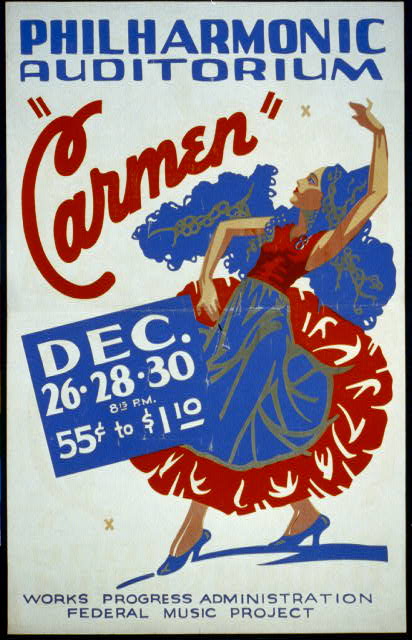Extracts from her conclusion:
The Open Content Alliance has been quietly and legally building a substantive network organization and collections, already over 1.6 million items, in a manner that will support the development and growth of a fully global public sphere. . . .
OCA displays key characteristics of networks, including connectedness, consistency, flexibility, scalability, and survivability. OCA has networking power, the ability to include or exclude potential nodes, based on the OCA principles which provide the basis for network power, and network-making power, or the ability to form strategic alliances. Google Books, in contrast, is a corporation with partnerships; while some aspects are network-like, Google Books lacks connectedness and consistency, and may lack flexibility and survivability, as illustrated by the stalling of Google Books for years by a class action lawsuit. . . .
OCA is an organization that is a good fit for an emerging global public sphere. The aims of widest possible access and re-use rights mean optimized access to collections for everywhere, everywhere. The approach of respect for copyright holders, contributors and the public through a legislated approach to public issues such as orphan works is compatible with, and supportive of, an ongoing healthy public sphere in the sense of democratic discourse and decision-making. While Google Books does include some elements that are supportive of a public sphere, particularly increased access to books and especially free access to public domain books, some aspects of the current iteration of the Google Books settlement are very problematic for the public sphere. The settlement per se brings issues that arguably belong to the public sphere, such as the fate of orphan works, into private contract negotiations. The parties of the settlement are not only not inclusive of the public at large, they are not even representative of all those affected. . . . The public service like appearance of Google, based as it is on Google’s focus on nonintrusive advertising, is deceptive. Google is a for-profit business, and most of Google Books will be for sale. The Google Books approach is challenged with national copyright legislation, which may result in a fracturing of collections along national lines which could result in increasing disparity in access to books and decreasing diversity of what might be a heavily used collection; both of these are divisive elements that move us away from, rather than towards, a global public sphere.
OCA is one illustration of the emerging library of the global public sphere, a network of libraries and like-minded organizations cooperating to provide the broadest possible public with the most possible access to the world’s knowledge, literature and culture. The emerging global library network, implementing a long-held desire and tendency of libraries made possible through technological developments . . . is a public good that supports the emerging global public sphere, facilitating both education in general and specific information-seeking in particular, both essential elements for conducting informed public debate in a global democratic public sphere.


